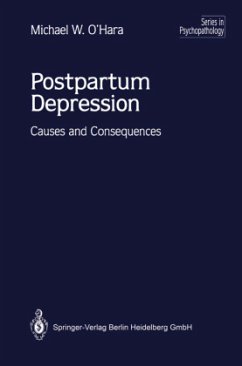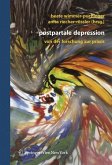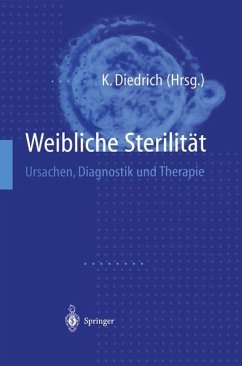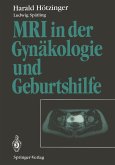The important negative implications of poor maternal adjustment for both the new mother and her family as well as the increased awareness of childbearing womenwho are now demanding anwers and information make this book indispensable for all practitioners in psychology, psychiatry and obstetrics-gynecology as well as for the students of these disciplines.
What is the prevalence of mood disorders during pregnancy and the post parturn period; does the prevalence vary compared to nonchildbearing women? What are the psychosocial and neurobiologie factors that predict risk for postparturn mood disorders? Postpartum Depression: Causes and Consequences by Miehael W. O'Hara synthesizes aseries of efforts to address these and other difficult questions. It is a c1ear, cohesive, and carefully prepared work, which serves not only as a review of more than a decade of research, but also as acharge for future investigation regarding unanswered questions about postparturn mood disturbance. Depression after childbirth is one of the most prevalent complications in modern obstetrics. Nonetheless, the subject of postparturn mood dis orders remains understudied. Some investigators pursue nosologie debates regarding the extent to which postparturn depression should be considered a discreet diagnostic entity. Others have tried to identify biologie or psychosocial factors that are uniquely associated with puerperal illness. More recent efforts have begun to focus on the need to identify predictors of risk for developing depression during pregnancy and the postparturn period. Identification of women "at risk" can lead to prophylactie treat ment strategies that attenuate such risk, thereby limiting morbidity asso ciated with untreated depression and the impact of matemal psychiatric dis order on child development.
What is the prevalence of mood disorders during pregnancy and the post parturn period; does the prevalence vary compared to nonchildbearing women? What are the psychosocial and neurobiologie factors that predict risk for postparturn mood disorders? Postpartum Depression: Causes and Consequences by Miehael W. O'Hara synthesizes aseries of efforts to address these and other difficult questions. It is a c1ear, cohesive, and carefully prepared work, which serves not only as a review of more than a decade of research, but also as acharge for future investigation regarding unanswered questions about postparturn mood disturbance. Depression after childbirth is one of the most prevalent complications in modern obstetrics. Nonetheless, the subject of postparturn mood dis orders remains understudied. Some investigators pursue nosologie debates regarding the extent to which postparturn depression should be considered a discreet diagnostic entity. Others have tried to identify biologie or psychosocial factors that are uniquely associated with puerperal illness. More recent efforts have begun to focus on the need to identify predictors of risk for developing depression during pregnancy and the postparturn period. Identification of women "at risk" can lead to prophylactie treat ment strategies that attenuate such risk, thereby limiting morbidity asso ciated with untreated depression and the impact of matemal psychiatric dis order on child development.








